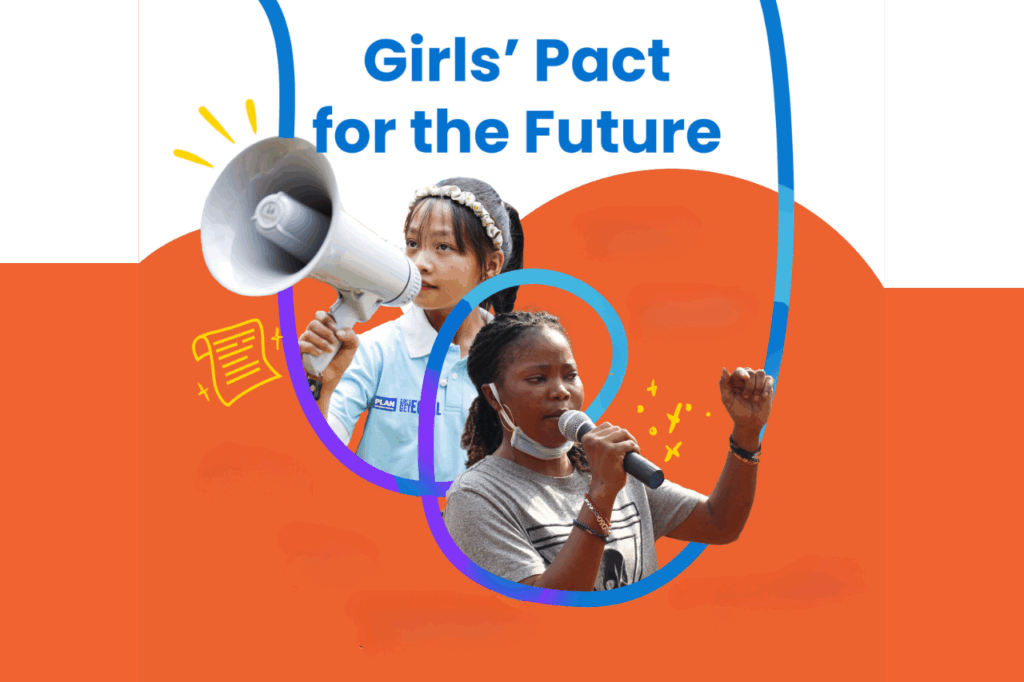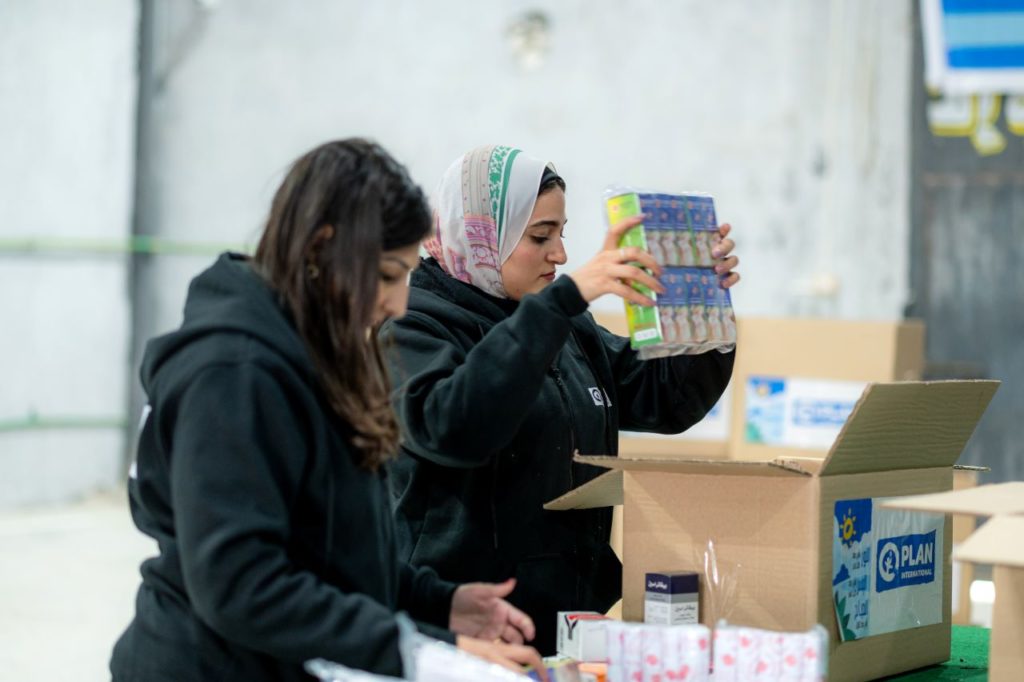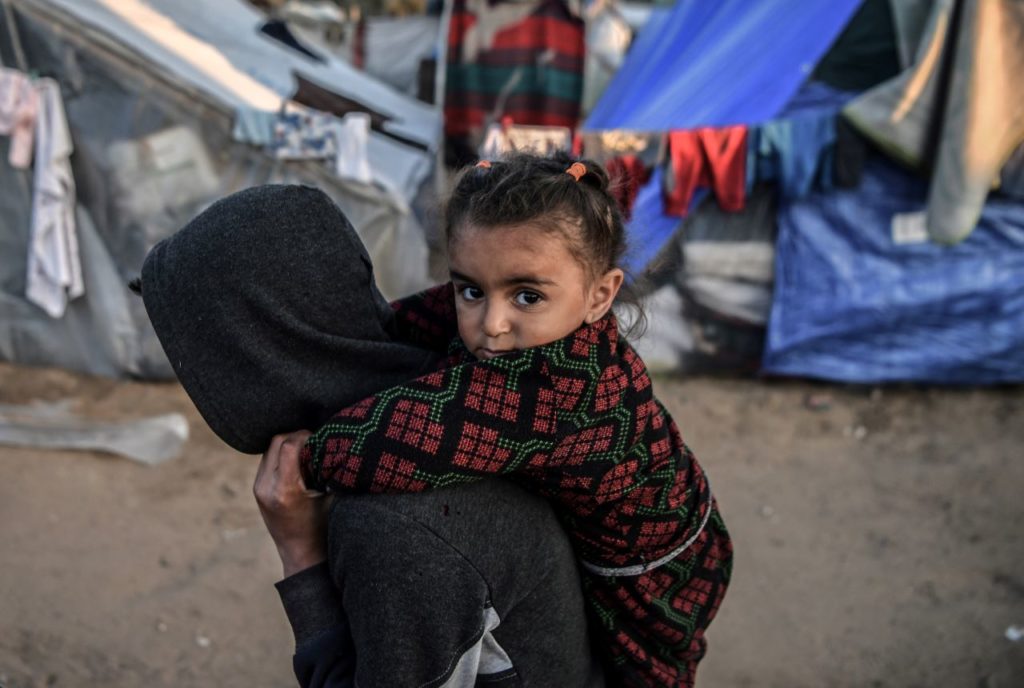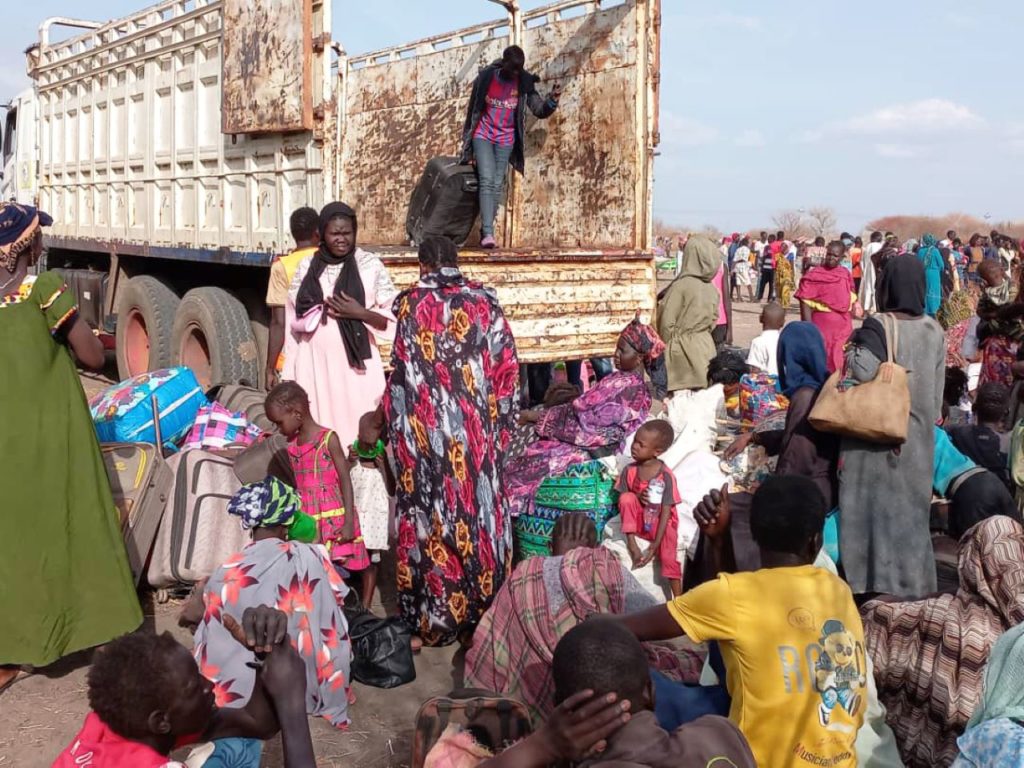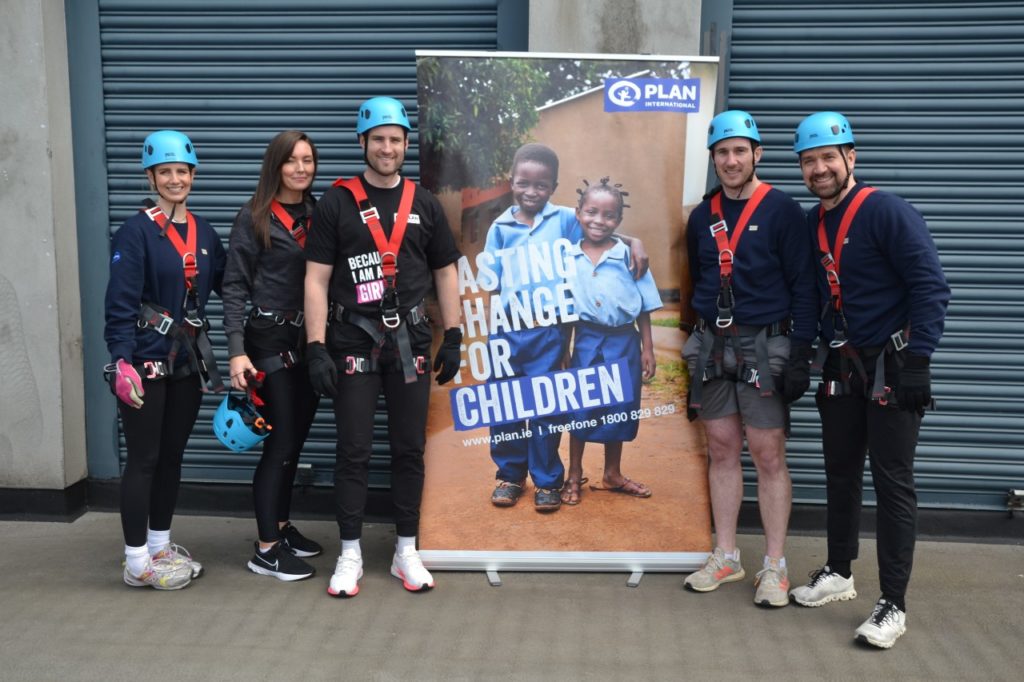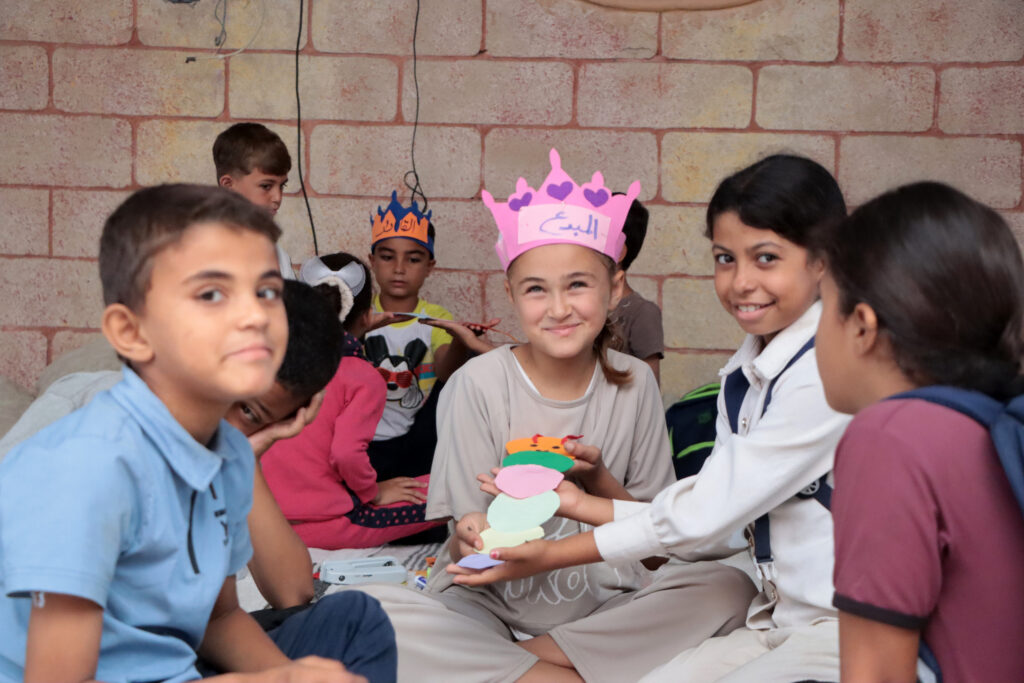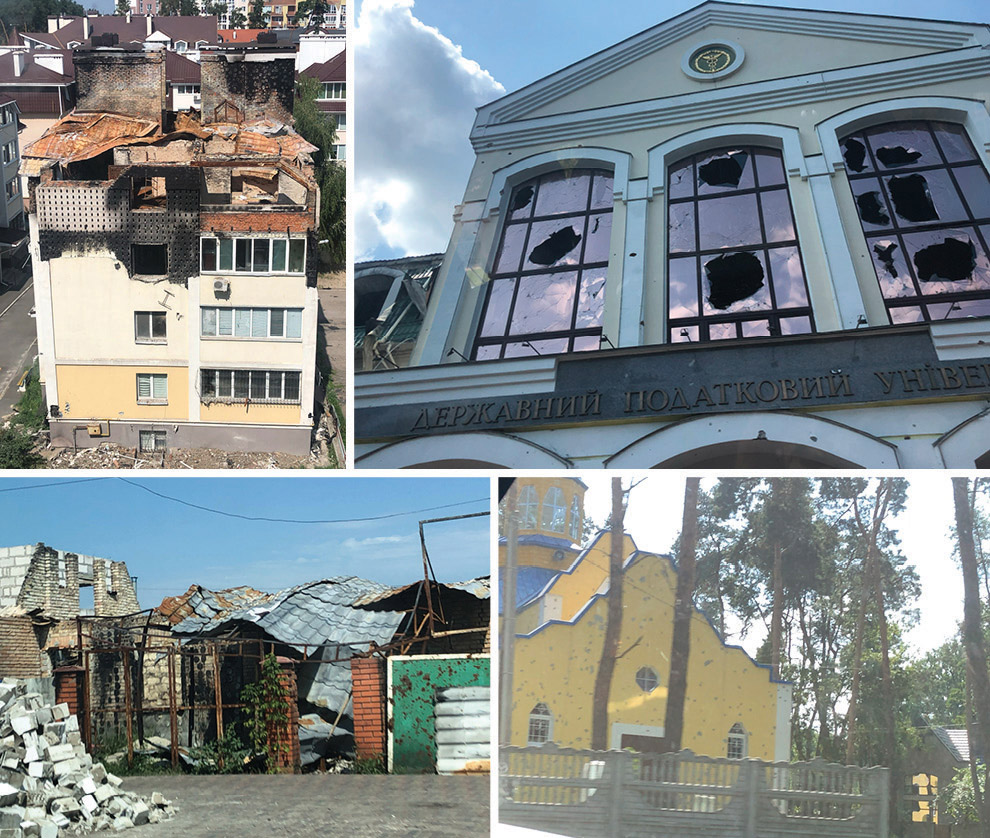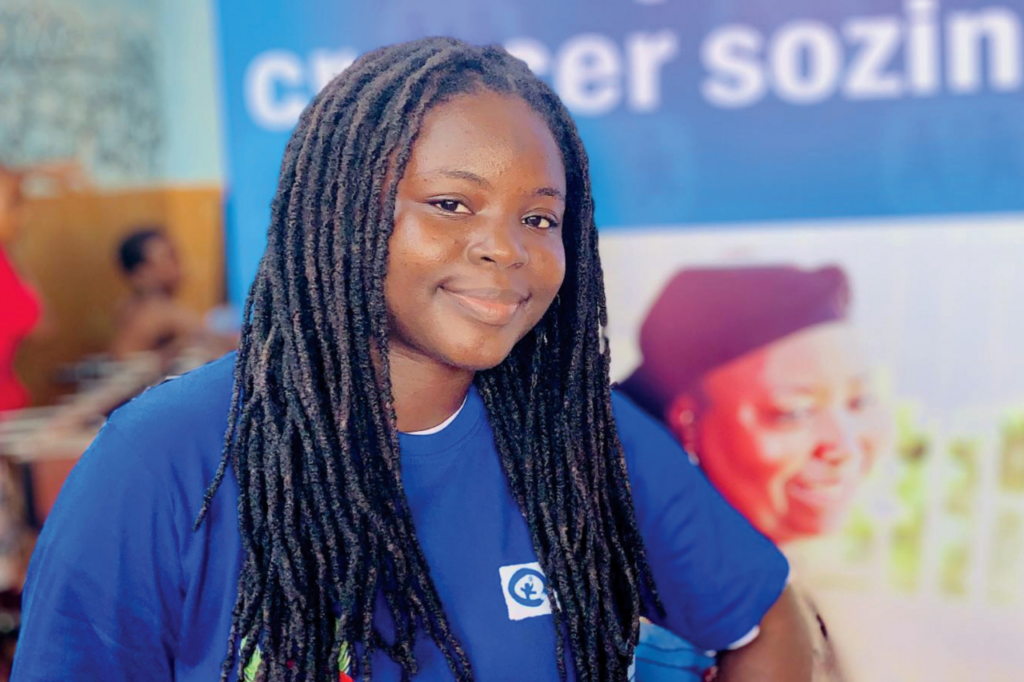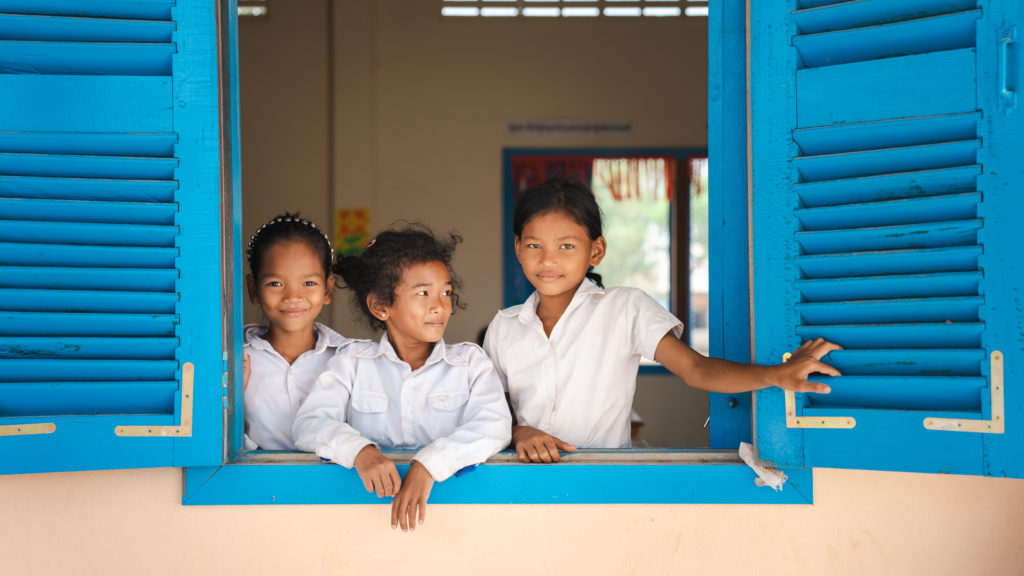Hazel, Ana, and Paz are three generations of women from one family in Chalatenango, a department in El Salvador. Sharing the same home, they are united by a maternal bond, but today they will be having an intergenerational discussion on a topic they don’t often discuss together – menstrual health.
Like many older women, 80-year-old Paz did not receive any education about menstrual health and her lack of knowledge meant she passed many of the myths she grew up with to her daughter Ana.
“My mum used to tell me that when I had my period, I couldn’t go to the river, because the water would enter through the pores in my skin and that was bad,” explains Paz. “My mother, she advised me to take care of myself so that you don’t suffer afterward. You couldn’t eat tomatoes, fish, eggs or lemons. Afterwards you could eat whatever you want.”
In El Salvador, menstruation has traditionally been seen as a subject that only concerns women, that is dirty or even a sickness during which girls and women should hide away. Myths and taboos make it hard for girls to talk about their periods either at home or at school. Some misconceptions include the need to restrict eating during a period and to stop all activities.
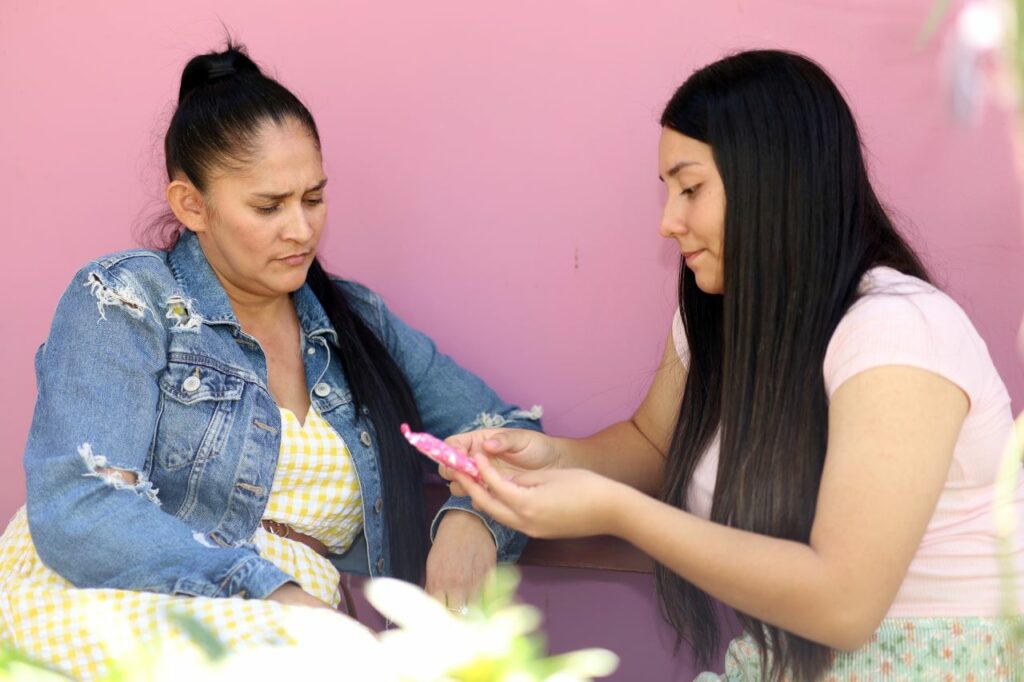
Ana, 47, grew up listening to Paz’s advice, because it was the only information she received at the time. “Mothers didn’t talk to us about it, because they themselves did not receive this important information. Sometimes you listen to what little you heard at school and that’s all.”
When asked what she used to manage her periods, Ana explains: “What I used to do before, was take old clothes that I had already washed, I would cut them into strips, fold them and burn them afterwards. Now we always have them (sanitary pads) in the house, all the time. I’ve got used to having them there, those sanitary towels.”
Now Ana works as a health promoter in her community and knows more about menstrual health, explaining that although she has been able to leave behind many of the myths she grew up with, however the old stigmas still persist.
“Here in this community, there are girls who don’t have enough courage to go and buy pads. Why? Because their mothers didn’t talk to them about it, so they are afraid to say, ‘look sir, give me a pad.’ They feel ashamed,” says Ana.
18-year-old Hazel, the youngest of the trio, explains that she was much better prepared for her first period than previous generations, thanks in part to a project run by Plan International in her community.
“The Power of Red Butterflies project was something that had an impact on my life as a girl,” says Hazel. “I was taught about my body, they started to explain to me about my first period, about my menstrual cycle, what methods I can use and how to be prepared for that moment.”
An educational programme run by Plan International, the Red Butterflies project helps girls – and boys – learn about the menstrual process and issues around it, including sexual health and consent. After graduating from the programme, participants became a Red Butterfly – someone who knows about menstrual health and who’s qualified to share their knowledge with others in their family and community
“We were a little group of girls and that little group of girls was so special, trusting and sharing ideas, how we had our first period. It was quite beautiful, and incredible resource,” says Hazel. “Talking about how we feel at that moment, about the fear that we as women experience, and how girls through menstruation can trust other women.”
About the project
The Power of Red Butterflies programme aims to dispel period myths in an environment where girls and boys are encouraged to be open about their fears and feelings. Since the programme was established in 2019, 325 adolescents and 75 families from 17 different communities around El Salvador have completed the three-month Red Butterflies course. (The word butterfly was chosen as a symbol of strength and freedom and the word red symbolic of the menstrual cycle).
